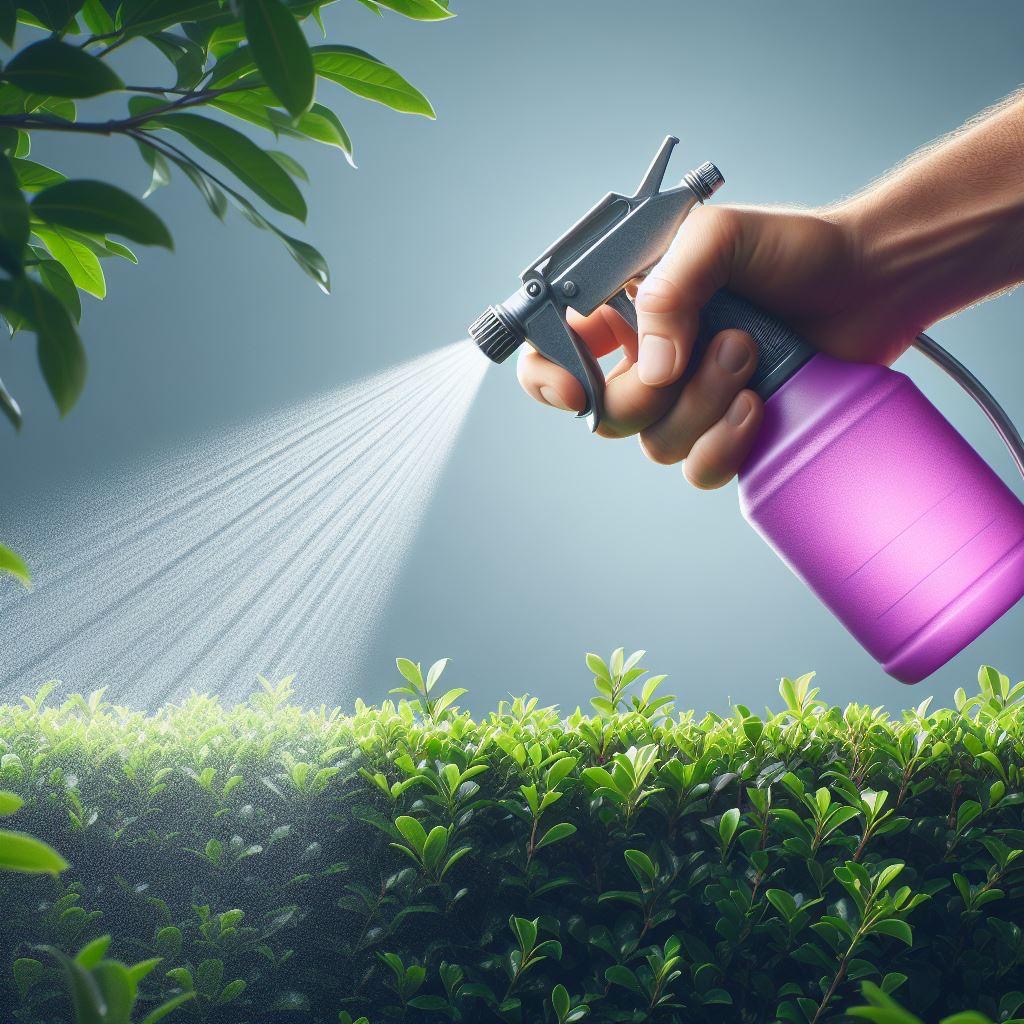Your cart is currently empty!

Are there any alternatives to roundup?
Certainly! When it comes to weed control, there are several alternatives to Roundup (which contains glyphosate). Here are some options:
- Vinegar-Based Herbicides:
- Mix vinegar (usually white vinegar) with water and spray it directly on weeds. The acetic acid in vinegar can kill weeds by drying them out. However, be cautious as it can also harm other plants.
- Note: Vinegar-based herbicides work best on young, small weeds.
- Salt Solutions:
- Create a saltwater solution (salt dissolved in water) and apply it to weeds. The high salt concentration can dehydrate and kill the plants.
- Be careful not to use too much salt, as it can harm the soil and nearby vegetation.

- Boiling Water:
- Pour boiling water over weeds to scald and kill them. This method is effective for weeds growing in cracks or between pavers.
- Avoid pouring boiling water near desirable plants.
- Manual Removal:
- Good old-fashioned pulling or digging out weeds by hand. It’s labor-intensive but environmentally friendly.
- Make sure to remove the entire root system to prevent regrowth.
- Mulching and Landscape Fabric:
- Cover the soil around plants with organic mulch (such as wood chips or straw). Mulch suppresses weed growth by blocking sunlight and preventing seeds from germinating.
- Landscape fabric (weed barrier cloth) can also be used under mulch or gravel.
- Corn Gluten Meal:
- Corn gluten meal is a natural pre-emergent herbicide. It prevents weed seeds from sprouting.
- Apply it in early spring before weeds emerge.
- Flame Weeding:
- Use a propane torch or flame weeder to burn weeds. The intense heat destroys plant tissues.
- Be cautious and avoid using this method near flammable materials or dry vegetation.
- Biological Control:
- Introduce natural enemies of weeds, such as insects or animals that feed on specific weed species.
- Biological control requires careful research and consideration to avoid unintended consequences.
- Herbicide Alternatives:
- Look for herbicides that use alternative active ingredients (not glyphosate). Some contain ingredients like acetic acid, citric acid, or essential oils.
- Read labels carefully and choose products that are safe for your specific situation.
Remember that each method has its pros and cons, and the effectiveness may vary based on the type of weeds, the environment, and your specific needs. Choose the approach that aligns with your gardening practices and environmental concerns. 🌱🌿
Discover more from The Truth About Food
Subscribe to get the latest posts sent to your email.

